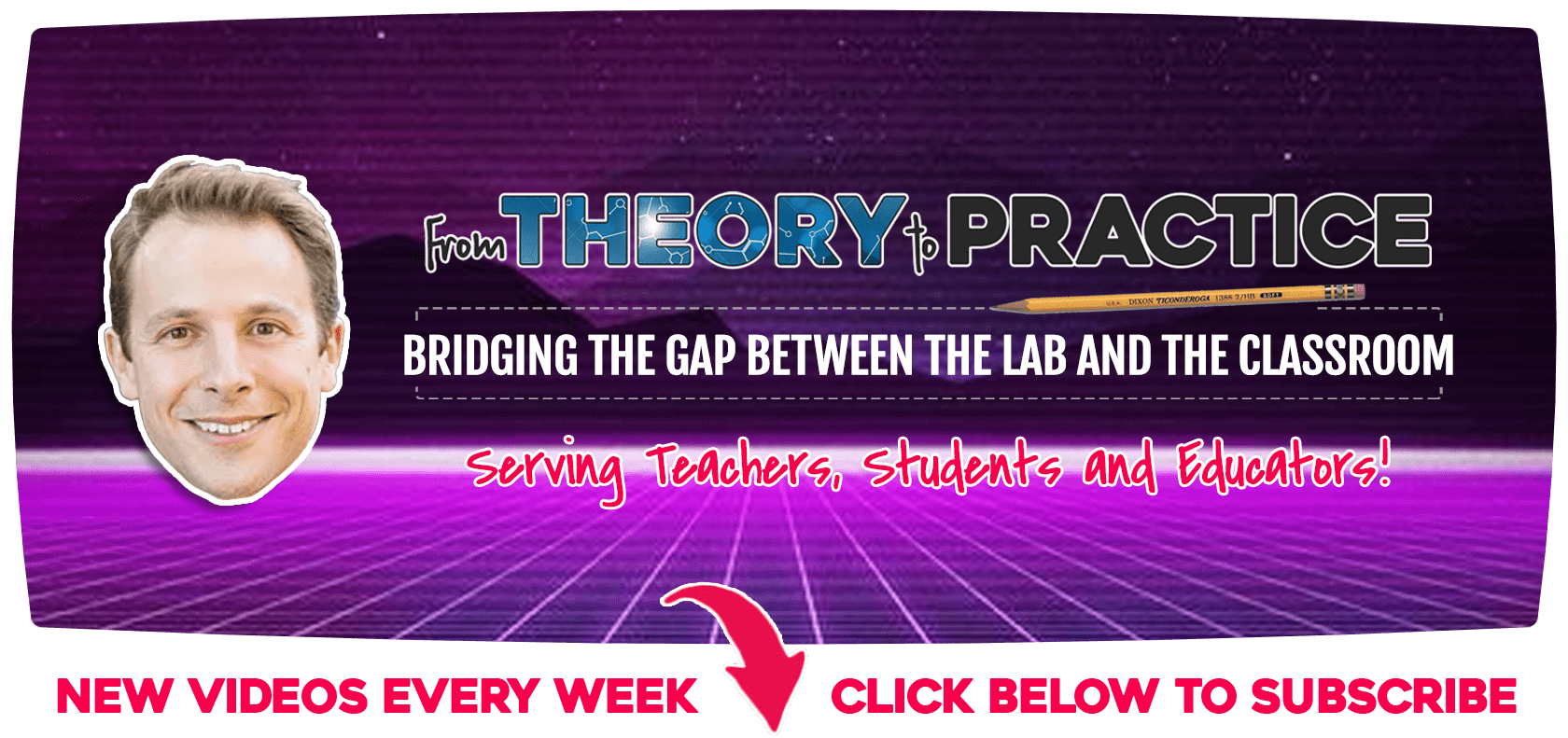
The False Promise Of Growth Mindset

Jared Cooney Horvath is a globally recognized Science of Learning expert committed to helping teachers, students and parents achieve better outcomes through applied brain and behavioral science.

Mindset Over Matter ...
Unless you’ve been living under a rock for the past ten years -- and if so consider me semi-envious -- you’re likely well versed in the idea of growth mindset versus fixed mindset (a.k.a. Mindset Theory).
In 2006, Stanford University Professor Carol Dweck published one of the most popular and impactful books on this subject. The 277 pages of Mindset have been printed over two million times and translated into more than 20 languages.
If you’ve never read Mindset, the core concept is charmingly simple for educators: if we encourage students to believe they can improve through practice, then they will.
The real sticking power of this premise derives from what researchers call face validity, which basically says that anything that feels like it probably should be true will generally be accepted as such.
In the case of Mindset, our normal experience suggests that the broader conclusions drawn by Dweck should be valid, so we take them at face value.
People with a fixed mindset frequently don’t bother with practice, and accordingly rarely show improvement. On the other hand, people with a growth mindset are motivated to practice and frequently get better as a result.
But is it really this cut and dry?
Is Mindset Theory really the academic magic-bullet it's generally assumed to be?
In my newest 'From Theory to Practice' video, I examine a meta-research study that aims to answer this very question:
To What Extent and Under Which Circumstances Are Growth Mindsets Important to Academic Achievement? (Victoria Sisk et al, 2018)
Here are some of the questions I tackle in this installment:
-
What is the difference between growth mindset and fixed mindset?
-
What are mindset interventions, and how strongly do they correlate to improved academic performance?
-
In what ways should Mindset Theory shape the future of education (and in what ways should it not)?
-
What are three practical takeaways for teachers and academic leaders that we can draw from this meta-analysis?
Give it a watch, and let me know what you think in the YT comments section.
And, as always, if you find this video valuable, interesting and/or entertaining, you can support us by liking, sharing and subscribing to our YouTube channel ;)
Regards,

Video Transcript
Hello everybody, and welcome to this week's From Theory to Practice, where I take a look at the research so you don't have to.
Now, as you may know, I have a new book out called '10 Things Schools Get Wrong (And How We Can Get Them Right)'.
So, for this series of ten videos, I've deliberately selected research papers that align with the different chapters of that book.
In this installment we're looking at Chapter 5, which is entitled Mindset: The Problem With Hype.
The article I've selected that aligns with that chapter is called To What Extent and Under Which Circumstances Are Growth Mindsets Important to Academic Achievement? by Sisk and colleagues.
Now, unless you've been living under a rock for the last decade, you're probably familiar with Mindset Theory …
But just to be safe, Mindset Theory was developed by Stanford researcher Carol Dweck a decade or so back, and she argues that people more-or-less fall into two camps:
The first are called fixed mindset individuals, and these people believe that things like skills, abilities, and talents are inborn; they're genetic; either you have them or you don't.
The second camp are called growth mindset individuals, and these people believe that things like skills, talents, and abilities are earned; that nobody is born any one particular way; and that it's through our own actions, efforts and behaviors that skills and talents are developed ...
Click to view remainder of the transcript ...
Coming soon ...
Did You Enjoy This Post?
Help spread the idea by sharing it with your peers and colleagues ...

NOT ON THE LIST? Click below to join the LME Community ... and receive new Science of Learning articles from Dr. Jared Cooney Horvath every week!
You Might Also Like ...
Copyright © 2022 LME Global
6119 N Scottsdale Rd, Scottsdale, AZ, 85250
(702) 970-6557
Connect With Us
Copyright © 2022 LME Global – 6119 North Scottsdale Road, Scottsdale, AZ, 85250 – (702) 970-6557



